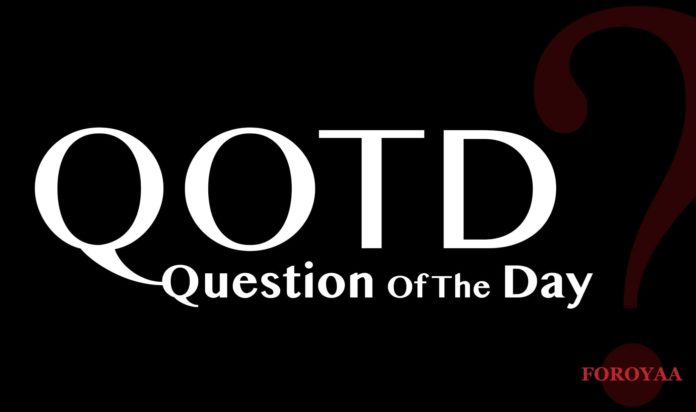QUESTION OF THE DAY
Section 24 subsection (1) states : “Any court or other adjudicating authority established by law for the determination of any criminal trial or matter, or for the determination of the existence or extent of any civil right or obligation, shall be independent and impartial: and
(a) if any person is charged with a criminal offence, then, unless the charge is withdrawn; or
(b) where proceedings are commenced for the determination or the existence of any civil right or obligation, the case shall be afforded a fair hearing within a reasonable time.”
The right to fair hearing means that the prosecution should be allowed to lead its case and produce its witnesses to give evidence and then be crossed examined by the accused person .
The accused person would also testify if he or she so desires and call witnesses to give evidence and then be subjected to cross examination by the prosecution.
The magistrate and judge would then deliver judgment on the basis of the weight of the evidence presented by the two sides.
In the same vein, in a civil case, the plaintiff is allowed to testify and produce his or her witnesses to give evidence. The defendant is free to subject them to cross examination. The defendant then follows to give evidence and bring witnesses who are also subjected to cross examination.
The magistrate or judge would then make his judgment on the basis of the evidence given.
If such procedures are not followed by a court then the court would be guilty of not according fair-hearing to a party to the case. Journalists should follow court cases and publish trials verbatim so that those who preside abide by procedures.


















